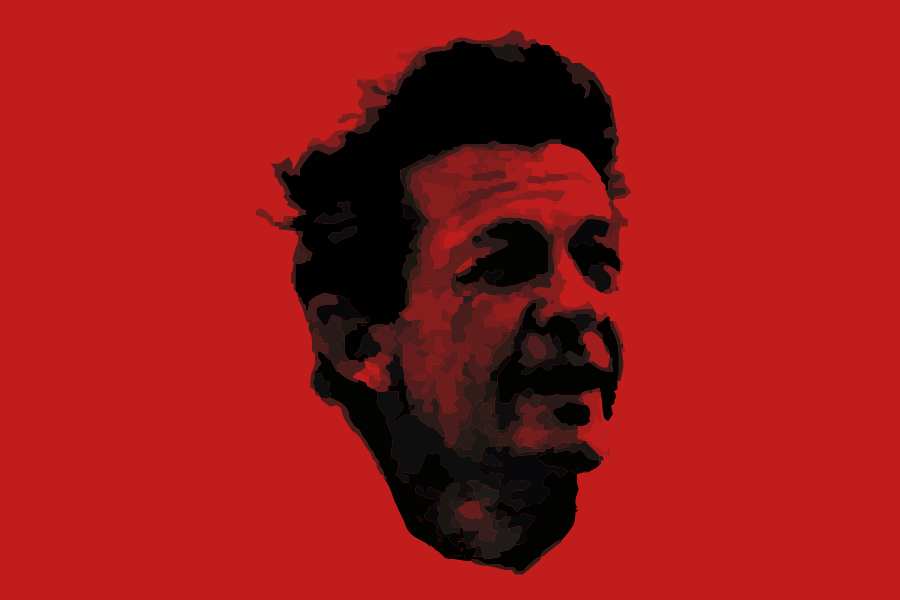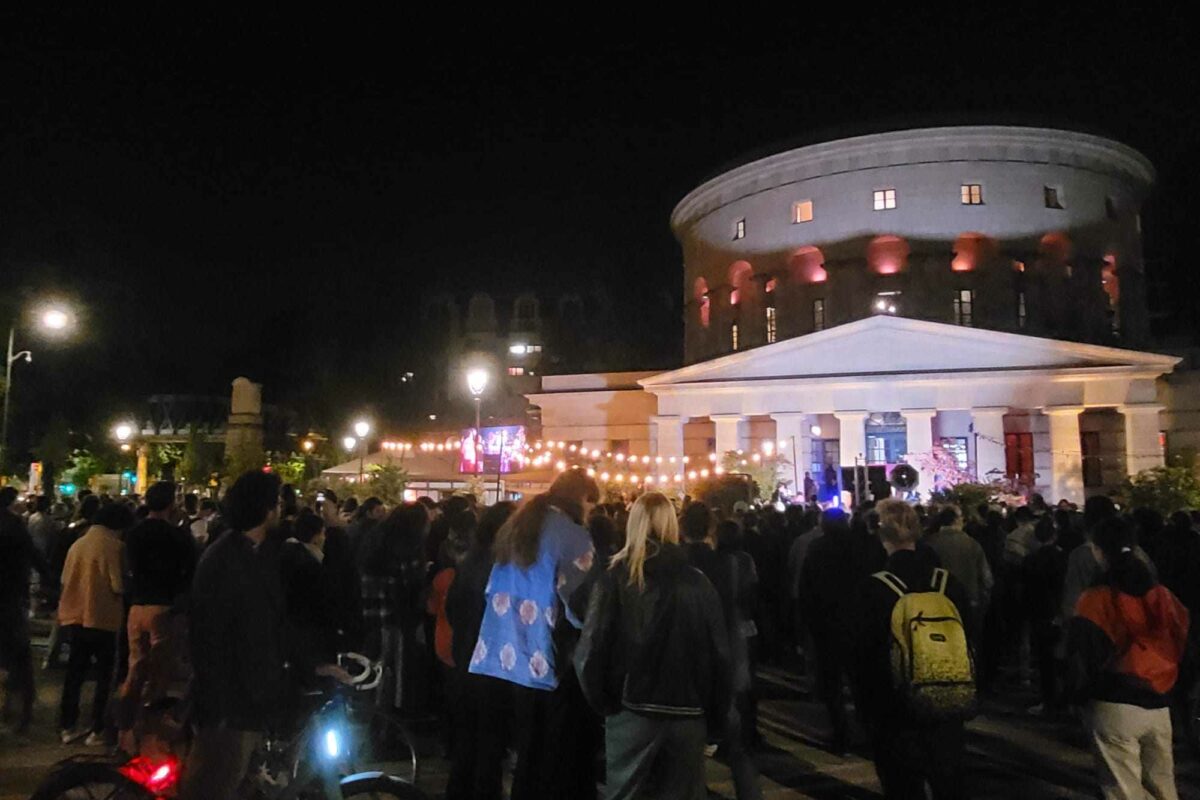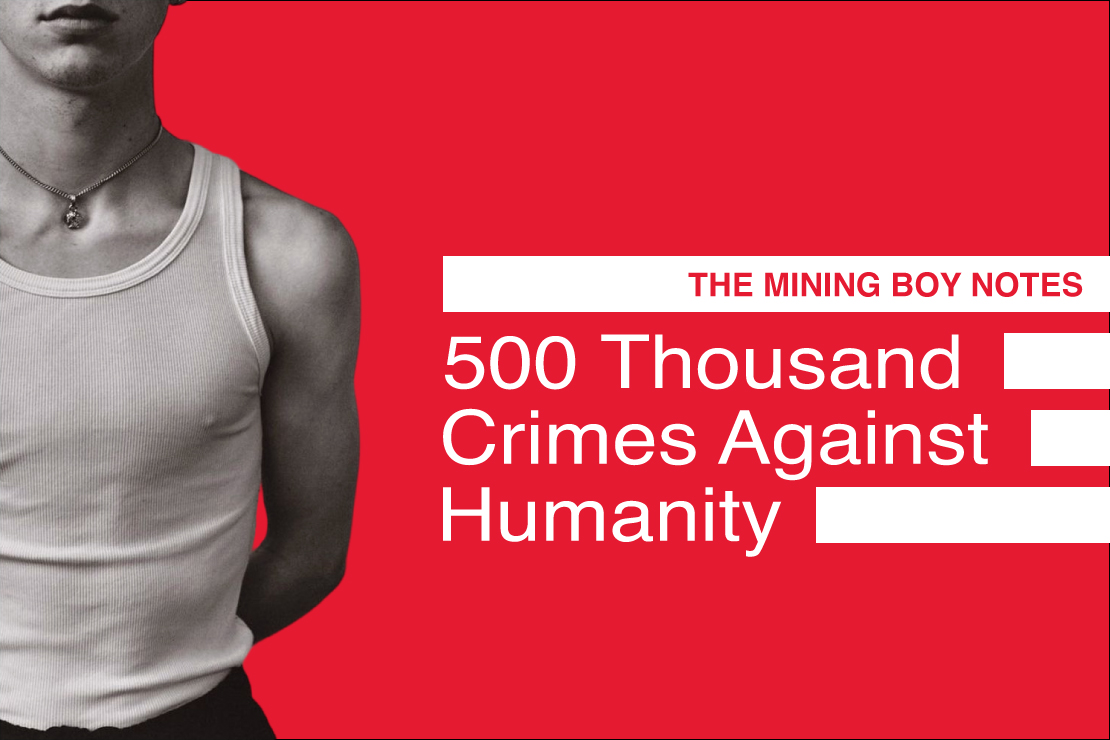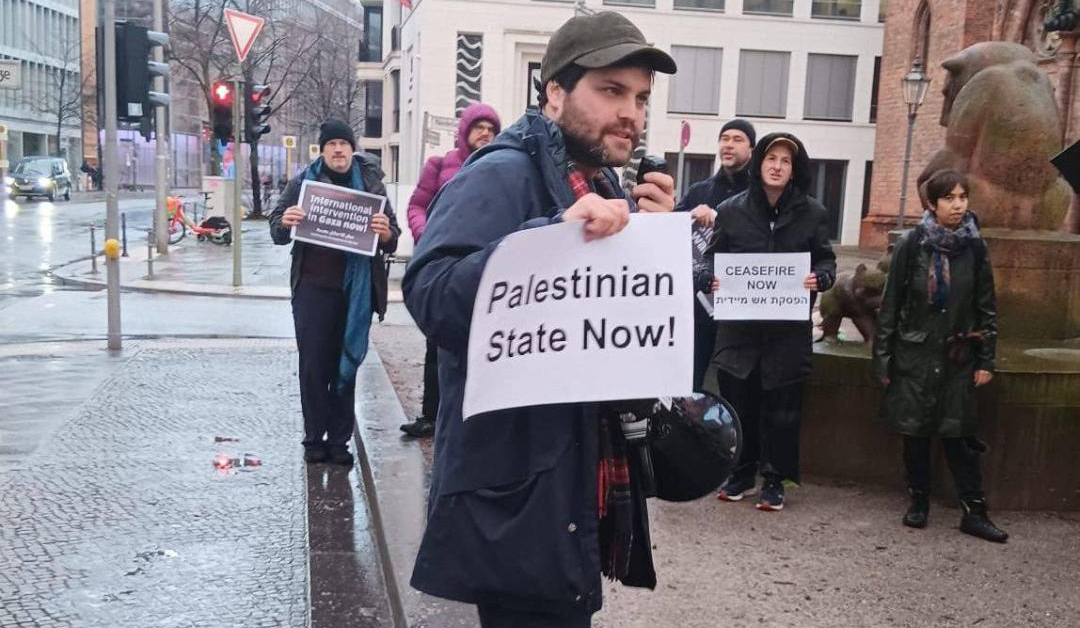NEWS FROM BERLIN
How Berlin voted in the European elections?
Across Europe, people took to the polls for the European elections on last Sunday, and results in Berlin saw some changes in the political landscape of the city. In comparison to 2019, the winners were the AfD, the BSW and the CDU, while there were losses from the Greens, the SPD and Die Linke. Although the Greens remain as the largest party in Berlin, they suffered considerable losses, with a drop of 8.3%. The CDU gained slightly in that same time (+2.4%) while the 13.2% shared by the SPD represented their worst result to date in a European election in the German capital. Source: the Berliner
TU President: ‘I am not resigning’
The President of Technische Universität Berlin (TU), Geraldine Rauch, will not resign. At its meeting last Wednesday, the Academic Senate of TU Berlin left the decision as to whether she would remain at the university in her own hands. However, it also drew up an opinion poll by secret ballot. A narrow majority voted in favour of her resignation. Rauch was also specifically criticised for likes for X posts in which ‘genocide in Gaza’ was written or in which the questions ‘We are valued partners with war criminals?’ and ‘With which Israel are we valued partners?’ were posed. Students and staff expressed their solidarity with the President. Source: taz
Berlin increases cinema funding
Berlin is increasing its cinema funding by six million euros for the next few years. This was announced by Medienboard Berlin-Brandenburg (MBB) on the occasion of the cinema programme awards ceremony. This means that there will be significantly more funding for cinema investments and cultural programmes in the future. ‘Anyone who is committed to cinema as a cultural asset must also support the industry appropriately so that it can continue to compete with the major television broadcasters and streaming providers,’ said Florian Graf, Head of the Berlin Senate Chancellery and Chairman of the MBB Supervisory Board. Source: welt
NEWS FROM GERMANY
The AfD and how it won over young voters
The far-right populist Alternative for Germany (AfD) made gains in almost all age groups in the recent European elections, but its biggest success was among young people. In the last EU election, in 2019, it garnered just 5% of the young vote. This year, 16% of youths voted for the AfD, tripling the party’s share in this demographic and putting it almost on par with the center-right alliance of the Christian Democratic Union and Christian Social Union (CDU/CSU). The AfD managed to target the young voters like no other German party — mainly via TikTok and Instagram, striking a chord with emotional messages, punchlines and humor. Source: dw
Dead fish discovered again in the river Oder
Around two years after the environmental disaster in the river forming part of the German-Polish border, dead fish have again been discovered in the Oder. The toxic golden algae, which was partly responsible for the large `fish kill’ in the summer of 2022, was able to happen again. The Brandenburg State Environmental Agency plans to discuss further steps. Poland also wants to curb the spread of golden algae. Last May, the Polish Ministry of the Environment announced that the authorities wanted to increase the water flow to make it more difficult for the golden algae to spread. It had been washed into the river from the Gliwice Canal. Source: rbb
Floods destroy harvest on many farms
In the submerged areas of southern Germany, enormous crop failures are imminent. The recent floods have ruined the harvest for many farmers. ‘Masses of water have often destroyed large parts of this year’s harvest,’ said Markus Drexler, spokesman for the Bavarian Farmers’ Association (BBV). The situation is particularly bad in Swabia and parts of Upper and Lower Bavaria. The state government wants to make at least 100 million euros available for those affected by the disaster. In a letter to Agriculture Minister Michaela Kaniber (CSU), BBV Secretary General Carl von Butler emphasised that in individual cases, farms may be significantly affected. Source: tagesschau
S21: New railway station delayed again
The new underground main railway station in Stuttgart is behind schedule – even more so than previously thought. Deutsche Bahn (DB) last planned to complete Stuttgart 21 (S21) in December 2025. Now the opening of the new building has been postponed by another year, to the end of 2026. According to Baden-Württemberg’s Transport Minister Winfried Hermann (Greens), one of the main reasons for the delay is that the digitalisation of the Stuttgart hub in the rail network is more complex than originally assumed. Test operations are due to begin there in stages in mid-2026. Source: taz




